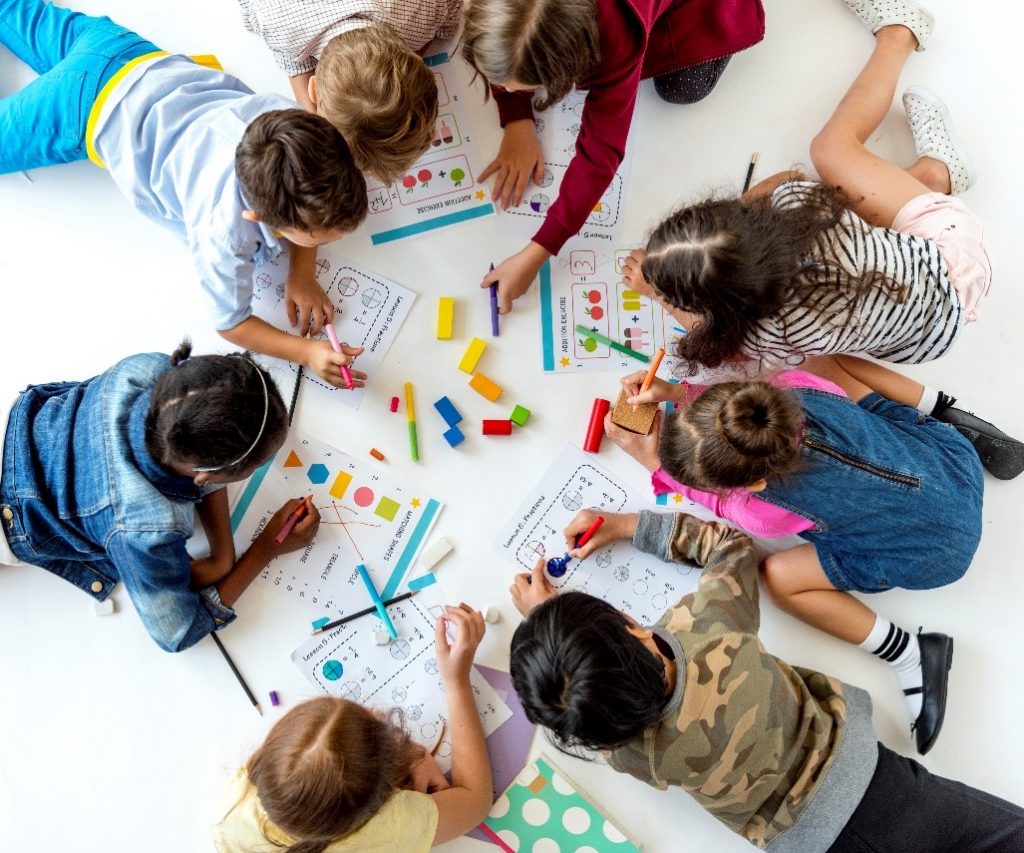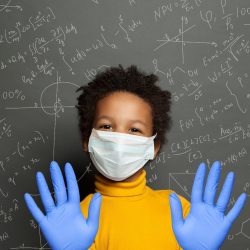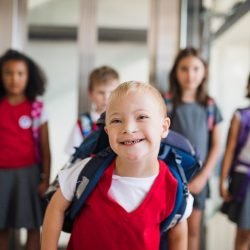How to prepare students for the demands of the 21st century?
To continually learn and deal with complex problems, students need to develop skills, such as collaboration and critical thinking, and socio-emotional skills, such as proactivity and resilience.

It is common to hear today that the education of today's students must be in line with the demands of the 21st century. But what exactly would these demands be and how to prepare students for them?
For Bruno Gebara, director of operations at Camino Education, when we face this question, it is important, first of all, to put in perspective that students who start their school period in 2021, for example, will be in the job market only after 2035 “So, despite more trends and studies that exist in this regard, the only certainty is that the world will be very different, in all perspectives. The ability to learn, unlearn and relearn is certainly one of the characteristics that will be most necessary for human beings to be able to live fully. "
Therefore, according to him, parents and educators should ask themselves about what skills students need to develop, the content that needs to be learned and the personality attributes that will be needed.
The director explains that, in relation to the skills that need to be worked with the students, they refer, essentially, to creativity, critical thinking, communication and collaboration. According to him, the development of such skills is consistent with the changes that have occurred and will continue to happen more quickly in the labor market as a result of the technological revolution.
"Professions that are based on simple cognitive skills tend to disappear in the future, as there is no doubt that machines and robots perform better, faster and cheaper than humans in such tasks", he points out. On the other hand, he adds that "the demand for professionals who are capable of solving complex problems will grow, especially when the resolution of such issues requires the need for interpersonal relationships and, therefore, socio-emotional skills."
The school curriculum needs to adapt
Gebara notes that the curriculum of traditional schools, on a large scale, remains unchanged and not porous to the developments that have occurred in society. He believes that it is necessary to adapt it for the current time, which means, in addition to traditional disciplines – which remain relevant – to learn content related, for example, to technology, economics and entrepreneurship and health and well-being.
According to Gebara, as important as these new skills and content is the construction of personality attributes that are suitable for the 21st century and that will define the way in which students will deal with the changes and challenges that will arise. “Curiosity, proactivity, persistence, resilience and adaptability, among others, are fundamental characteristics so that students can live fully in a world that is constantly changing”.













